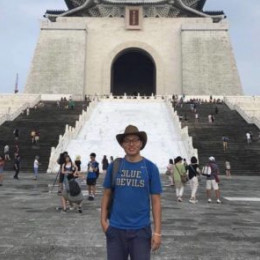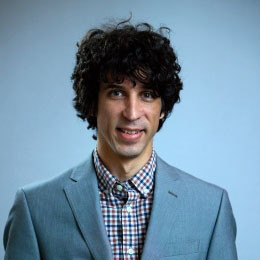
Palden Gyal
Lecturer, Department of East Asian Languages and Cultures
Email: Np2632@columbia.edu
BA: Duke University
MA: Harvard Divinity School
PhD: Columbia University
Palden Gyal, Ph.D., is a historian of empire, statecraft, and frontier governance in early modern and modern Asia. He is a Postdoctoral Research Scholar at Columbia University’s UCAME and a Lecturer in the Department of East Asian Languages and Cultures.
Frontiers of Empire: Statecraft and Sovereignty in the Sino-Tibetan Borderlands, 1650–1911, a book project developed from his dissertation, reexamines the Sino-Tibetan borderlands as dynamic spaces of ideological contestation and political negotiation rather than passive peripheries shaped solely by imperial power. Drawing on multilingual archival materials, monastic abbatial records, and hagiographies, the study foregrounds the Tibetan princely states of Gyalrong as pivotal actors in Qing imperial expansion, highlighting their political, economic, and religious agency.
In addition to his academic work, Palden is active in literary translation from Tibetan and Chinese into English. His translations and essays have appeared in Himal Southasian, Los Angeles Review of Books (China Channel), and various scholarly journals and edited volumes. Through translation, he maintains an ongoing engagement with contemporary Tibetan literary and intellectual culture.



